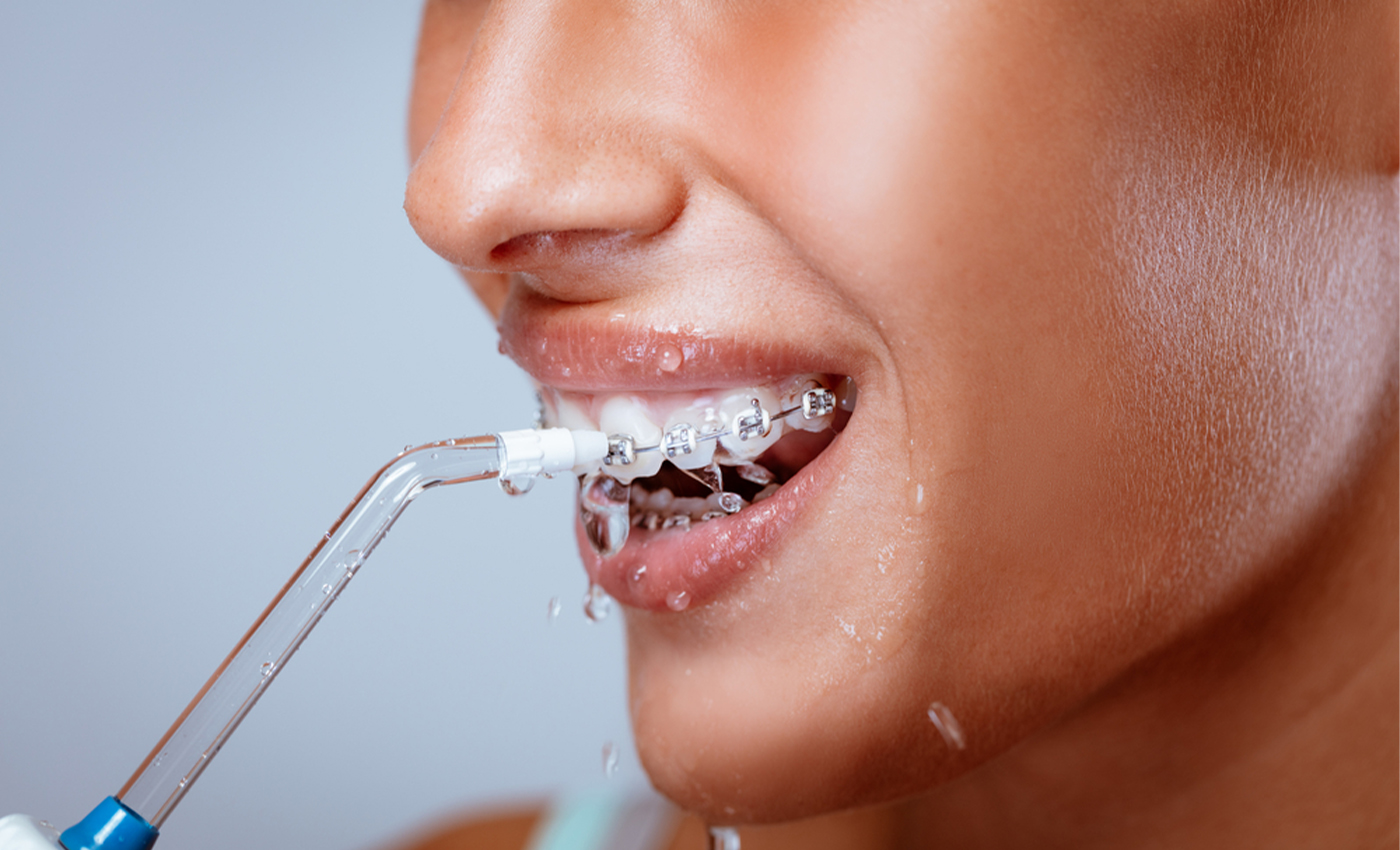If Flossing Increases the Gap in the Teeth, Why Do Dentists Recommend It?
At the point when you go to the dental specialist for a little while, you'll very likely be posed a similar inquiry: "Are you flossing routinely?" The response isn't consistently yes for some patients. Many individuals clean their teeth two times each day, as suggested by the American Dental Association (ADA), yet just a minuscule level of individuals floss all things considered one time per day. What many individuals don't understand is that this stage is critical to tooth wellbeing and dental hygiene . What Is Flossing? Floss or Flosser is an interdental cleaner, aside from a toothbrush, which channels the upper and external region of the gums and teeth. It's made to clean the tight places between the teeth and the hole between both the gums and the tip of the teeth. This interaction is called flossing. However, compared with traditional floss, cordless water flossers seem more efficient and convenient. There a toothbrush can not be reached. A developing...
